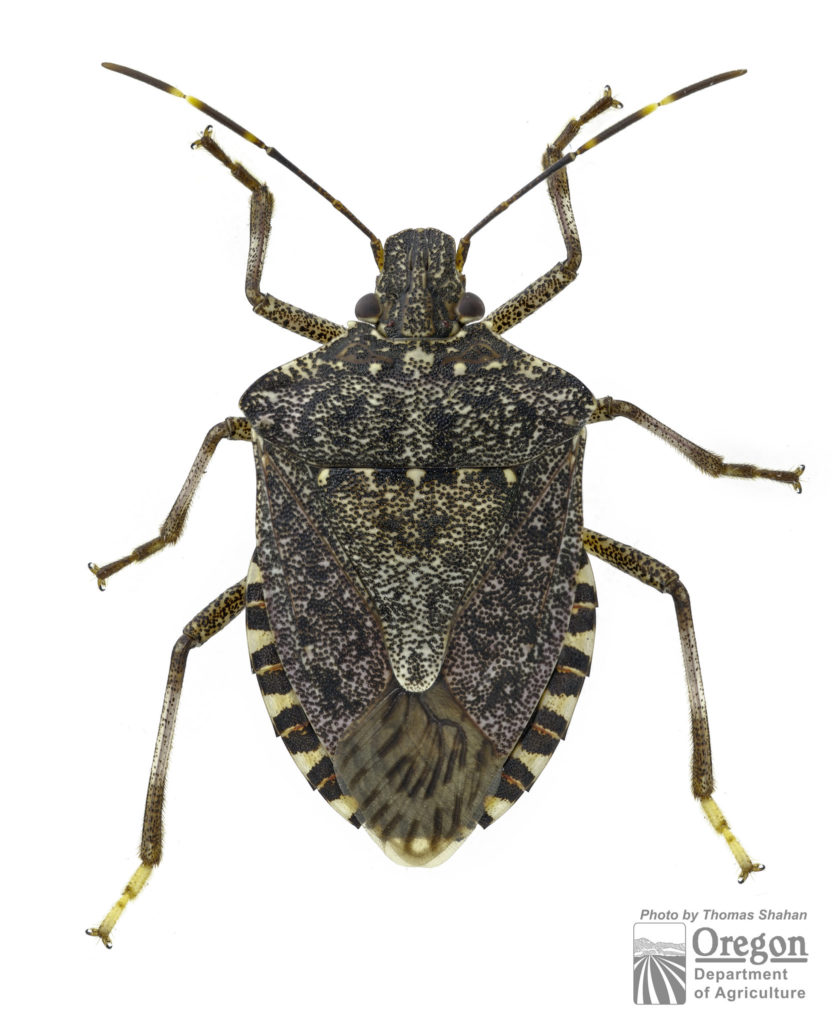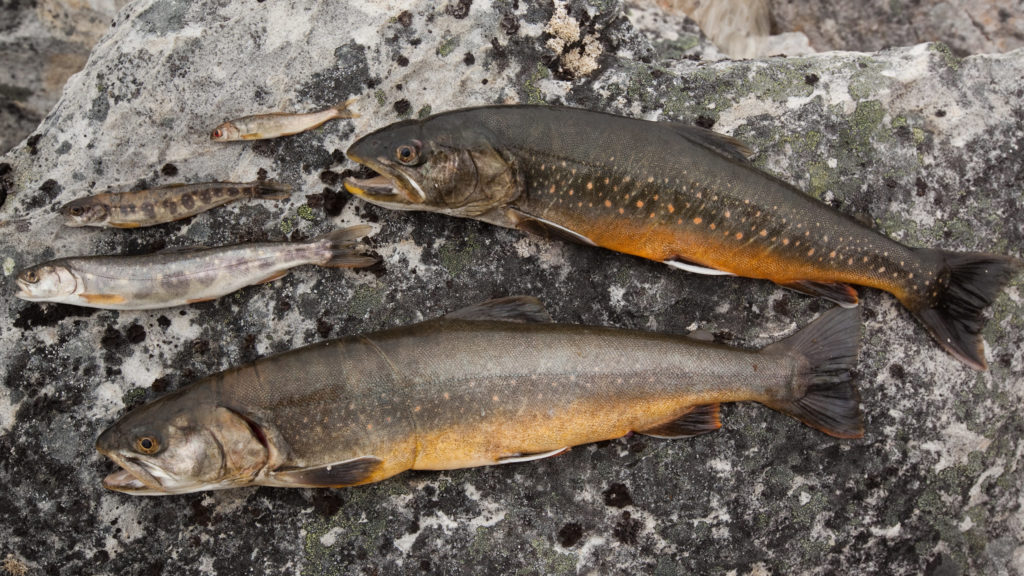iNews reports once a staple of a 1970s garden, the pampas grass has burst back into fashion as a favourite of the Instagram generation. The plant’s dried fronds have made a comeback as the ultimate interiors accessory, with fans even resorting to stealing it from coastal beaches to get their style fix. But although pampas grass might be a trendy alternative to a vase of fresh flowers, it is no substitute for native grasses on UK coastal dunes, experts warned this week.
All posts by Heather
Boris Johnson’s dad Stanley Johnson among campaigners calling for binding 2030 deadline for rescuing wildlife
iNEWS reports Boris Johnson is facing pressure to “deliver on his promises” to reverse the startling decline in UK nature by writing into law binding biodiversity targets. Mr Johnson has promised to protect at least 30 per cent of UK land for nature by the end of the decade, a move the government has claimed will “put nature and biodiversity on a road to recovery by 2030”. But conservation groups say this ambition must be written into law, pointing out the current wording of the Environment Bill will not force action to improve nature in England until 2038.
UK scientists confirm arrival of brown marmorated stink bugs

The Guardian, and iNEWS report it is brown, stinky and will strike fear into the hearts of apple and other fruit growers. Scientists have now confirmed that the brown marmorated stink bug (Halyomorpha halys), a small flying insect that emits an unpleasant almond-like odour, has arrived in Britain, after most probably hitching a ride on packaging crates.
Freshwater project gets Arctic charr out of hot water

The Times reports Arctic charr is a rare and ancient fish in Britain, a remarkable survivor of the last Ice Age, but in recent times it has been suffering warming waters and pollution. Now a project has brought the fish back from the brink of extinction at a lake in the Lake District.
The beautiful rose-tinted fish is closely related to salmon and trout. As the great ice sheets retreated about 12,000 years ago it colonised freshwaters in the British Isles and now lives in deep lakes in Scotland, north Wales, the Lake District and Ireland.
The fish needs waters below 8C for its eggs to survive but as waters have warmed in recent times populations have struggled to survive in Britain, apart from Shetland, and many of the native populations have become extinct.
Plant thefts are on the rise – and here’s why your garden could be at risk
The Telegraph reports hang on to your hollyhocks! Not only has lockdown turned us into a nation of gardeners, it’s triggered an unlikely new crime wave
BBC announces brand new series presented by David Attenborough, Life In Colour

The BBC reports Life In Colour, made by Bristol-based Humble Bee Films and Sydney-based SeaLight Pictures, will explore the many ways animals use colour throughout their lives. Colour plays a vital role in the daily interactions of many species, but the colour we can see tells only part of the story. Using new cameras built specifically for this series, Life In Colour will reveal a world of colour normally invisible to human eyes.
The series will start on Sunday 28th February at 19:00. See here for trailers and more details.
Britain’s rivers should be returned to their ‘natural state’ to help save the endangered eel, says WWF
The Daily Telegraph reports Britain’s rivers should be returned to their ‘natural state’ with fewer man-made weirs and dams in order to help save the eel, the WWF says in a new report.
A third of freshwater fish globally are threatened with extinction due to a lack of care for our rivers, according to new findings from the animal welfare charity. WWF is calling all governments, including the UK’s, to back the implementation of a global Emergency Recovery Plan for freshwater biodiversity, as part of an ambitious agreement at the UN Convention on Biological Diversity conference later this year.
We know FNW members will feel this one close to their hearts as they fell in love with eels during the excellent Zoom talk by Kathy Hughes.
Ikea launches disassembly instructions to make their products more sustainable
The METRO reports in a bid to be more environmentally conscious, Ikea have created disassembly guides for some of their bestselling furniture items to encourage their customers not to ditch it when they relocate or renovate.
Overground stations transformed into solar-powered green spaces
iNEWS reports just a few meters away from the Overground rail track at Brondesbury Park, in north-west London overgrown, dilapidated surrounding land has been transformed by the company, Energy Garden, into a biodiverse, productive garden powered by solar. A sign attached to a fence invites anyone to come in and water the plants with a solar powered hose. This station is one of 34 to be similarly renovated.
‘Absolutely ridiculous’: top scientist slams UK government over coalmine
The Guardian reports one of the UK’s most eminent environmental scientists has called the government’s failure to block a new coalmine in Cumbria “absolutely ridiculous”. Prof Sir Robert Watson said the UK’s commitment to net zero emissions by 2050 to tackle the climate crisis was “wonderful”, but that there had to be a focus on immediate actions.
The UK is hosting a UN climate summit and Boris Johnson has pledged to lead a green industrial revolution.
